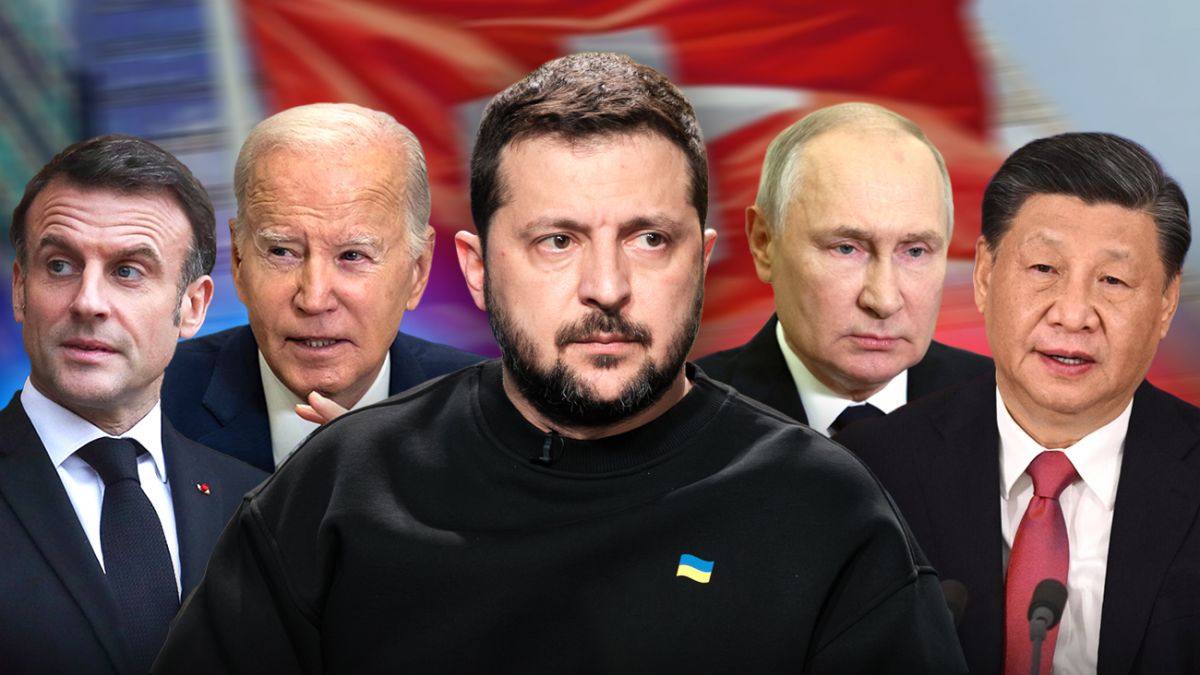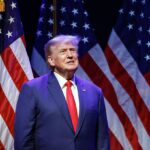Various politicians and countries have come up with their own ideas for a peaceful resolution to the war in Ukraine. Some seek to strengthen their international authority, while others aim to impress their audience. Among these plans are proposals from French President Emmanuel Macron, British Prime Minister Boris Johnson, former U.S. President Donald Trump, and Chinese diplomats. Meanwhile, Ukrainian President Volodymyr Zelensky continues to insist on his “peace formula,” although his rhetoric has become less harsh.
Zelensky and Trump in touch
Ukrainian President Volodymyr Zelensky has shared that he has contacts with the team of U.S. presidential candidate Donald Trump. He revealed that Trump was so open to discussions that he even gave his personal phone number for communication.
Zelensky also noted that in July, Ukrainian officials contacted the teams of other U.S. presidential candidates, including Kamala Harris. He disclosed this information in an interview with the Japanese state broadcaster NHK, emphasizing that Trump was willing to discuss any issues.
Trump, in turn, commented on his phone call with Zelensky, which took place on July 20. In an interview with Fox News, Trump mentioned the importance of ending the war in Ukraine, stating that the conversation was constructive. He also expressed his views on the Russian army, calling it a “military machine” with extensive experience in waging wars, mentioning victories over Hitler and Napoleon.
It is worth noting that the victory of the Soviet Union over Nazi Germany was achieved with significant assistance from allies, especially the U.S. Trump also accused current U.S. President Joe Biden of allowing a full-scale Russian invasion of Ukraine, claiming that this could have been easily prevented. He expressed confidence that President Putin would never have dared to take such actions under a different U.S. leadership.
Brazil and China’s Plan
Another plan to end the Russian-Ukrainian war was agreed upon during a meeting between the Chinese Foreign Minister Wang Yi and the chief advisor to the President of Brazil Celso Amorim in Beijing on May 23, 2024. According to the Chinese Ministry of Foreign Affairs, this plan contains fewer points than the original Chinese plan presented in February 2023. The key points include:
- Calls for de-escalation and prevention of the conflict from escalating.
- Emphasis on negotiations as the only viable solution to the crisis.
- Calls for preventing a humanitarian crisis, protecting civilians, and exchanging prisoners of war.
- Preventing the spread of nuclear weapons and protecting nuclear power plants.
- Protecting the stability of global industrial chains and supply chains.
Compared to the Chinese plan, there are the following differences:
- The point about supporting grain exports was removed, as Ukraine secured the safety of navigation in the Black Sea by repelling the Russian fleet;
- The point about canceling “unilateral sanctions” transformed into a call for international cooperation in energy, currency, finance, trade, food security, and critical infrastructure security, including oil and gas pipelines and fiber-optic networks;
- The point about rejecting the “cold war mentality” turned into a call to resist dividing the world into isolated political or economic groups.
Read the first part of the series “On what principles should peace in Ukraine be based: proposals from Macron to China” here:


